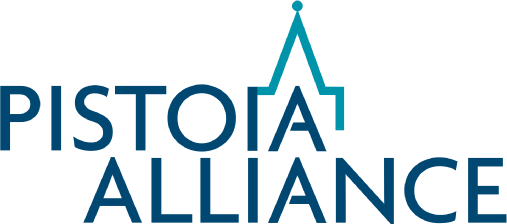Real-world evidence is not new, but with advances in processes, technology, policy, and analytics, is becoming more accessible and usable. RWE is being used to drive real outcomes and lasting impact for pharma, patients/subjects, and other participants in the continuum of care. At the foundation of RWE is data – behaviors, patterns, computational biomarkers, phenotypic/genomic data, imaging, outcomes, and social determinants of health.
The RWE trends that are happening in life sciences and biological sciences are driven by
- Datafication is driven by the availability of diverse data – big, small, and everything in between
- Competitive advantages
- Reducing the time for regulatory approvals
- Cost and outcomes
While data and descriptive analytics have been in vogue for years, advances in processing RWE – in combination with RCTs via data science, machine/deep learning, and advanced analytics – are creating new value for Pharma companies across the board – not just in R&D and pharmacovigilance but also extending into economic value, sales & marketing, affordable therapies, and patient outcomes.
More importantly, with the success of these analytics and AI efforts, we will see an increasing appetite for more types of RWE – beyond EMRs, all-claims, and commercial data sets – into patient-reported experiences, wearables, at-home devices, and implants.
Creating value at scale and achieving lasting impact is important, doable, and repeatable. This presentation will provide practical recommendations on how to put this tsunami of RWE and data variety to work using the IMPACT framework.
We will conclude with a discussion of representative use cases that pharma and biotechnology organizations can use to move the needle from a product focus to customized/personalized therapies, precision medicine, and population health.
Speaker: Prashant Natarajan, Vice President of AI & Analytics Solutions, H2O.ai and Pistoia Alliance AI CoE Advisory Committee Member
Please note: This presentation was originally delivered during the Qiagen Digital Insights hackathon in February 2021 and is being shared with permission. All rights reserved.
